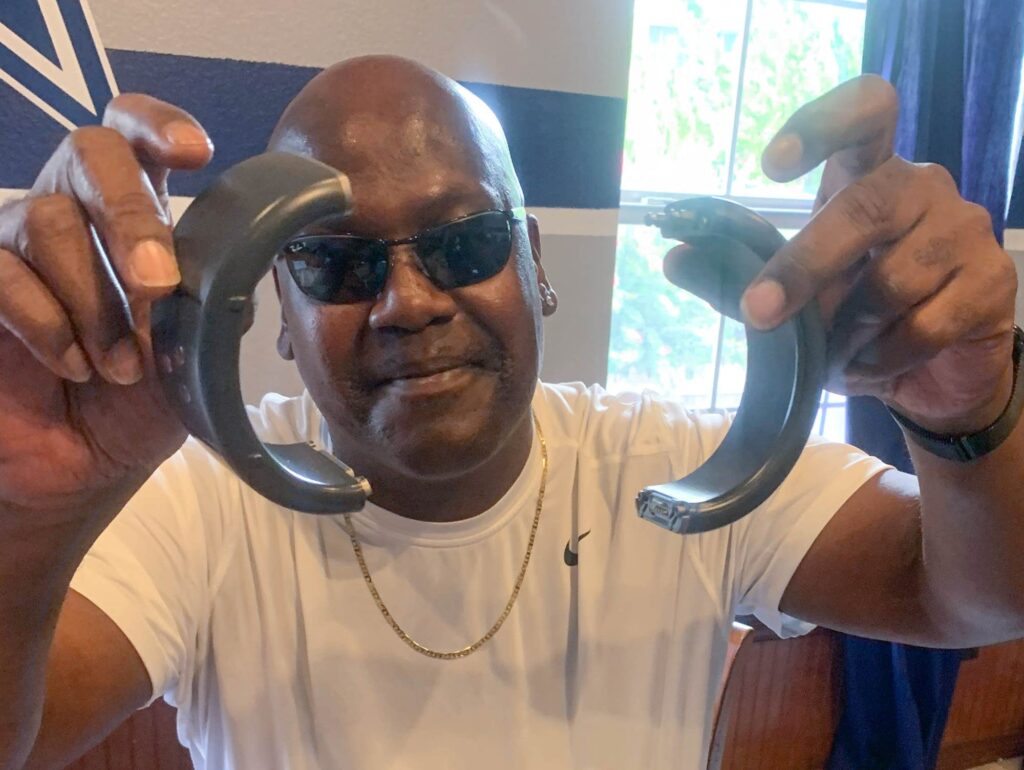
This week in Warren County, Lester Kearney’s capital murder trial was declared a mistrial after the jury couldn’t agree on his innocence or guilt. The prosecution’s case was based entirely on a highly questionable cross-racial eyewitness identification, the type of evidence that frequently leads to wrongful convictions.
[Read our previous post detailing the strong evidence of Mr. Kearney’s innocence.]
It’s a relief that Mr. Kearney was not convicted and will not face the death penalty. But even though he wasn’t sentenced to death, Mr. Kearney’s trial is an example of how the death penalty skews our system of justice.
Mr. Kearney’s jury was “death qualified.” In other words, because the state was seeking the death penalty, Warren County citizens who oppose capital punishment were legally ineligible to serve as jurors. Death qualified jurors aren’t just supporters of the death penalty, they’re also more likely to convict.
Thankfully, some of Mr. Kearney’s jurors recognized the weakness of the state’s case, but others seem to have ignored the lack of evidence and given the prosecution the benefit of the doubt. And this could be because every capital jury is stacked with pro-prosecution jurors.
Unfortunately, Warren County District Attorney Mike Waters still has the power to try Mr. Kearney again. That means an innocent man will remain in jail awaiting a second trial.
In Mississippi, another innocent Black man, Curtis Flowers, was tried six times in a series of flawed trials and hung juries before his final conviction was overturned by the U.S. Supreme Court. The state likely would have tried him a seventh time, if not for widespread publicity detailing the overwhelming evidence of his innocence. The state finally dropped all charges against him in 2020, more than 23 years after his initial arrest.
We can only hope that Lester Kearney won’t also lose decades of his life to an unjust prosecution. He has already spent years in jail. The district attorney should dismiss the charges now.
